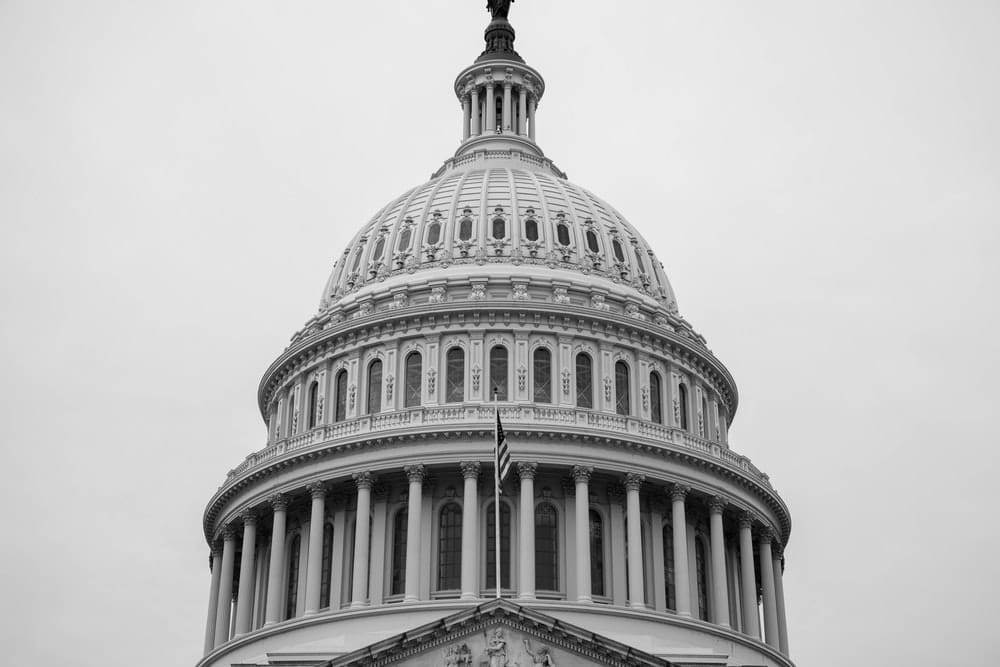Those not complying with product recalls and compliance issues won’t get away with it for much longer. Regulators will crack down on rule-breakers, and companies across all product types will face legal action and tough regulatory enforcement. Those are the predictions of brand protection firm Sedgwick, which recently published its State of the Nation Recall Index — the annual report that monitors product safety trends in the U.S.
The report makes it crystal clear: Companies that don’t invest in recall management could be in deep trouble. Those caught breaking the rules could face ongoing inspections, million-dollar fines, and even criminal proceedings for product safety non-compliance.
There are two reasons experts predict stricter regulatory enforcement in 2021 and beyond:
- The Biden administration
- The end of temporary flexibility policies for recall management introduced during the pandemic
In this guide, learn why you should improve your recall management processes sooner rather than later. Then, discover the incredible benefits of a product recall management system for streamlining the entire process.
The Biden Administration
Under the Trump administration, the number of recalled products fell three years in a row. Now, the U.S. Consumer Product Safety Commission (CPSC) is shifting its focus to increased regulation and enforcement. Many companies have already got caught in the crossfire. Since Biden took office in January, the CPSC issued 57 product recalls — significantly more than the first few months of the Trump administration. Meanwhile, exercise equipment manufacturer Cybex International reached a $7.95 million civil penalty settlement with the CPSC after allegedly failing to report a product safety defect.
“As the CPSC adopts a newfound approach to oversight and seeks to reinvent itself to better protect consumers, stricter regulatory enforcement, increased legal risks, and scrutiny are on the horizon,” notes Quality Assurance Magazine.
It’s not just the CPSC. When writing this post, the FDA had announced eight product recalls in the last seven days. The National Highway Traffic Safety Administration (NHTSA), criticized by lawmakers for its automotive safety practices, could issue more recall notices in 2021 than ever before.
It seems companies across all industries are being scrutinized more now than at any time during the previous four-and-a-half years.
The question is: Are you prepared?
Invest in a solution like Trievr and automate many of the complicated tasks associated with product recall management. Learn more or get a live demo now.
Read more: Prevention Planning for a Product Recall
The End of Recall Management Flexibility Policies
2020 was a year that disrupted supply chains worldwide. Stay-at-home orders, social distancing policies, and staff shortages affected the flow of materials and goods from factories to supermarket shelves. To prevent further disruption, many government agencies relaxed the rules associated with product safety. There was less scrutiny, fewer recall notices, and more leniency toward companies that broke the rules.
In May 2020, the FDA granted manufacturers temporary flexibility in food labeling requirements to minimize supply chain disruptions on product availability during the pandemic. Then, the agency relaxed some of the rules associated with menu labeling, packaging and labeling of shell eggs, the distribution of eggs to retail locations, and nutrition labeling on food packages. Other government agencies also relaxed rules about product safety.
Expect all of that to change soon.
As federal agencies emerge from the pandemic, temporary flexibility policies will come to an abrupt end, leaving many companies vulnerable to heightened enforcement action. Inspections will start up again. Agencies will issue penalties again. Many companies will find themselves in court again.
“The COVID-19 pandemic has forced manufacturers to operate in one of the most turbulent and uncertain times in recent history,” says Chris Harvey, senior vice president at Sedgwick. “While consumers are eager for a return to normal, regulators and lawmakers see this as an opportunity to enact major changes that will have ripple effects across multiple industries. For businesses sleeping at the wheel, they stand to lose.”
Read more: Consumer Product Recalls and Compliance Issues in 2021
How to Respond to Product Recalls and Compliance Issues
Recall management has never been as critical as now. Here’s what you need to do:
- Monitor recalls, market withdrawals, and safety notices from government agencies like the FDA.
- Respond to recalls on time.
- Improve communication across departments so everyone in your organization responds to recall notices quickly.
- Invest in the right technologies that automate the processes associated with recall management.
Read More: What Should You Look For When Researching Recall Management Software?
Why You Need a Recall Management System
Recall management software is your weapon in the fight against product recalls. These programs optimize recall management so you can track and respond to safety notices quickly and avoid enforcement action from the government.
Meet Trievr. It’s the recall management tool that centralizes all your product safety responsibilities into a single system, so you’ll find everything you need to manage recalls in one place. That means no more messing around. Here are some features you need to know:
- Product recall templates
- Auto-alert reminders that remind you to respond to recall management tasks
- Real-time recall management insights
- Share recall information with different departments (legal, marketing, PR, etc.) and stakeholders
- Lifetime document storage (keep recall-related paperwork in a secure vault)
- Enhanced security
Before You Go
Experts predict a surge in product recalls and compliance issues as federal agencies emerge from the pandemic and the Biden administration gets tough on product safety. With increased government scrutiny and the potential for expensive penalties, companies across all product types should invest in recall management strategies that protect their assets. These strategies include monitoring recall notices, responding to notices on time, and improving communication across all departments.
The government is cracking down on product safety. Now’s the time to invest in a recall management solution like Trievr. Get a live demo here.
